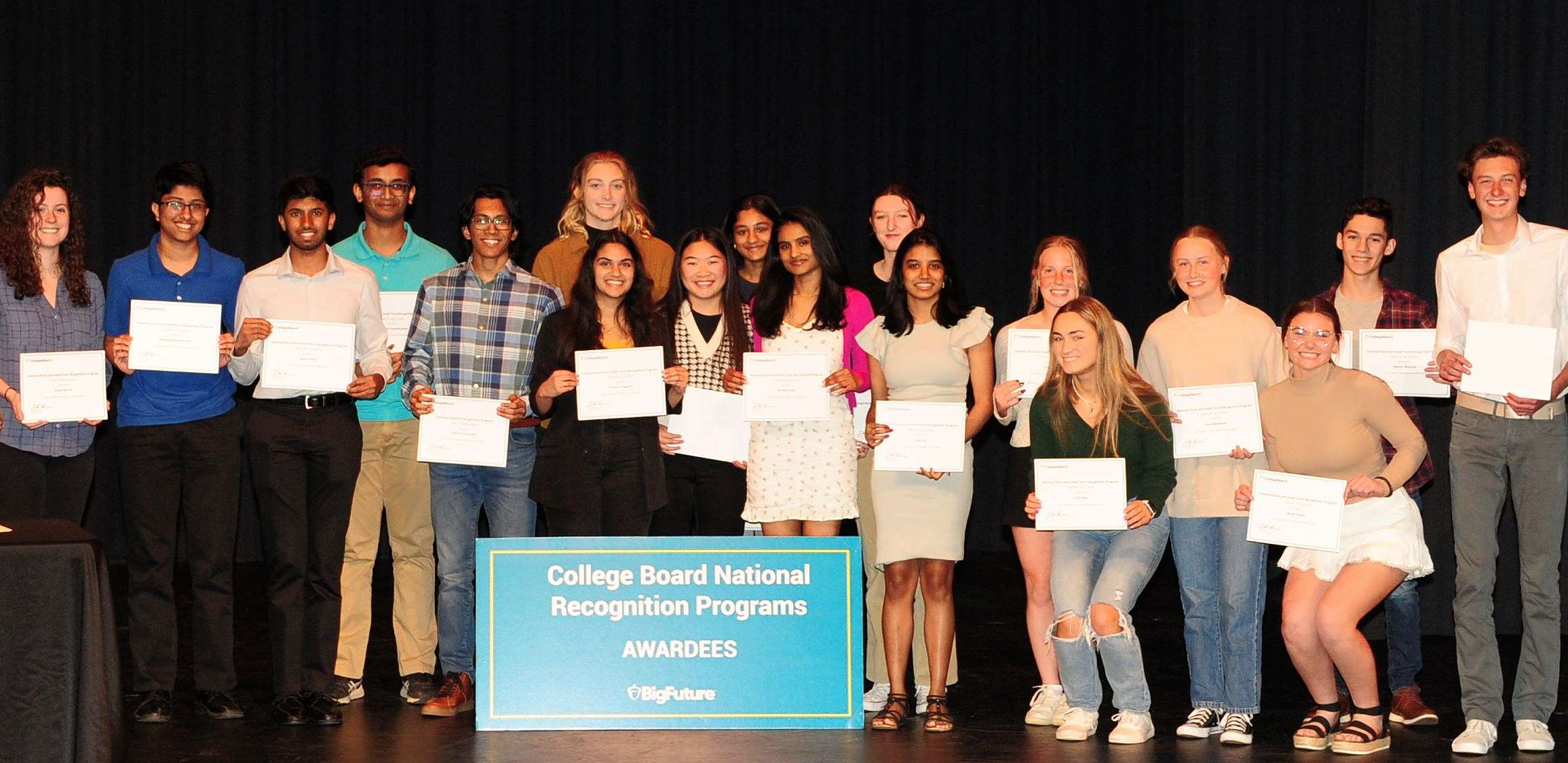BigFuture
First-Generation Students Deserve to Be Seen
College Board National Recognition Program Is Expanding to a Fifth Program to Celebrate the Academic Achievements of Underrepresented Students

Since 1983, the College Board National Recognition Program has opened doors to life-changing opportunities for thousands of deserving students. The annual awards recognize the strong academic performance of underrepresented students, often serving as a signal to colleges and universities looking to recruit diverse, talented students.
This year, College Board extends the value of the program with the addition of a fifth award that can help clear a path for even more students nationwide:
- New (2024): National First-Generation Recognition Program. If a student’s parent(s) does not have a bachelor's degree, the student qualifies as a first-generation student.
- National African American Recognition Program
- National Hispanic Recognition Program
- National Indigenous Recognition Program
- National Rural and Small Town Recognition Program
"The first-generation recognition will expand this program to even more deserving young people. Our mission is to clear a path for all students. This is an important step in that direction,” said David Coleman, College Board CEO.
The introduction of the National First-Generation Recognition Program ensures even more high school students are celebrated for their achievements and can be found by colleges during recruitment to pursue a path forward after high school.
Eligible students qualify based on strong academic performance reflected by PSAT/NMSQT® or PSAT™ 10 scores within the top 10% of test takers for each award program in each state or a score of 3 or higher on two or more AP Exams by the end of 10th grade.
The annual honors are a bright spot for individual awardees and their school, often garnering local media coverage, attention from colleges and universities during the recruitment process, and recognition from the state and districts.
Students can verify their eligibility on BigFuture (February 27-June 14, 2024), educators can access school lists of eligible students in the K−12 Reporting Portal and, when students receive awards in fall 2024, colleges and universities will be able to identify and contact awardees through Student Search Service™.
I’ll be the first in my family to attend college. This recognition was a reminder I can do it. In addition, it has given me a sense of accomplishment and pride in myself.
Liam, National Hispanic Recognition Awardee
